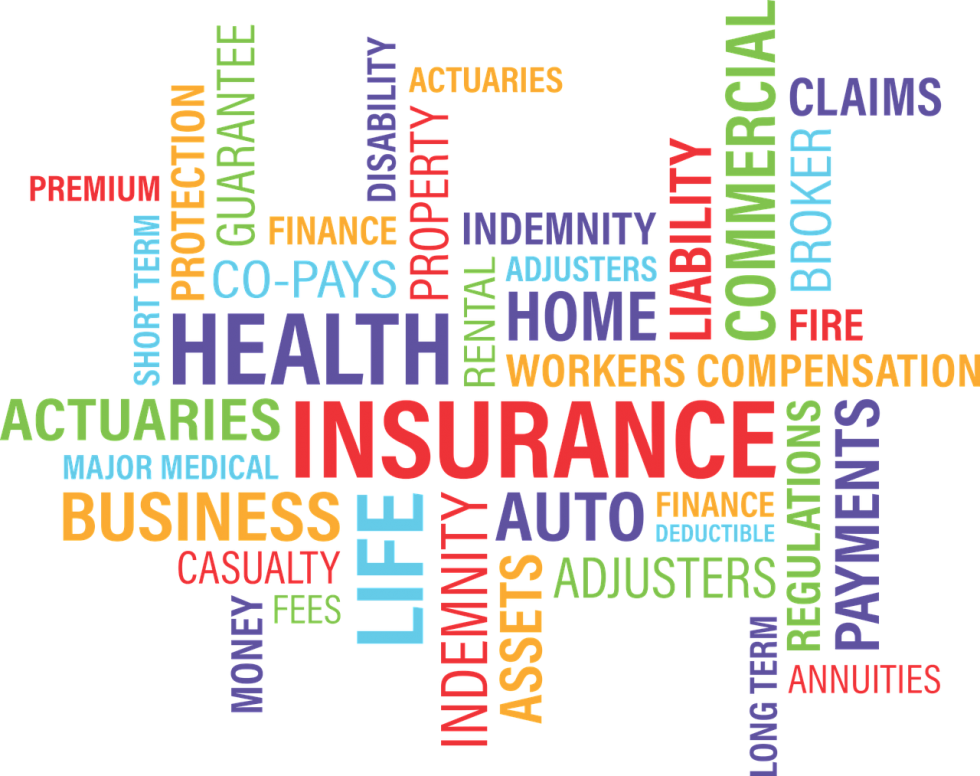Auto insurance shopping shouldn’t be a hassle. With the internet, most shopping is at our fingertips. Car insurance is no different. Most auto insurance companies now offer free quotes in a matter of minutes directly on their websites.
If you get too few quotes, you’re probably not going to find the best deal. On the flip side, if you get too many quotes and you will quickly find yourself overwhelmed. The key to getting the best auto insurance for your car is to do your research and get quotes only from providers on your shortlist.
Below are more tips on looking for the right car insurance.
Tips on Finding the Best Auto Insurance
When it comes to car insurance, there are a few steps to making sure you’re getting the best quotes:
- Gather your information: Gather all the information you need, from driving records to birthdates of all the drivers in your household.
- Compare at least three quotes: Don’t forget to study your current policy as well. You may be eligible for new discounts or loyal customer discounts. It’s also possible you’re already getting the best available price for your car insurance.
- Look for bundling options: If you have more than one driver or vehicle, or if you can combine motorcycle or RV insurance policies, you will likely save some money on those policies. Bundling also covers homeowner policies and life insurance for most companies. Check insurance providers’ websites for available bundles.
- Check for new discounts: Insurance providers offer many standard discounts for factors such as good driving behavior, good grades, and military service. If you’ve gotten married or have just turned a year older, check for new discounts that might apply to your car insurance policy.
- Check your local companies: Remember there are other insurance agents nearby who do not represent the ‘big boy’ companies. Check your local agencies to see about the discounts, bundling, and policies they offer. You may even find out that these smaller insurance companies can provide the premium rates that fit your budget.
- Shop around often: Remember shopping for quotes keeps all companies competitive, so you can check for quotes as often as every six months or before your policy is set to expire.
When you’ve found at least three companies that seem to fit your insurance needs, start looking at their coverage options and policy rules. The last thing you want to do is spend money on a coverage plan that doesn’t meet your needs. It’s not a bad idea to check the claims process either, so you will not be surprised in the event you have to make a claim.
Aside from quotes, you also want to check the reviews and ratings of these insurance providers. Customer reviews are more likely to provide a more accurate picture of how the claims process goes.
To find a plan that meets your needs, you must first know what those needs are. Do you know all the types of coverage available and what they cover? Most states have a minimum liability policy that you will need to apply to your situation. Then there is collision and comprehensive coverage and extra plans like roadside assistance and travel reimbursement.

Knowing What Type of Coverage You Need
Before you decide on a policy, make sure you know the different types of car coverage and what you need for yourself and your family.
- State Minimum: Each state has its own minimum liability coverage, which protects other drivers from damage you cause and protects you in case other motorists damage your car. Keep in mind the other driver must have liability insurance to cover your damage.
- Liability: This coverage protects other drivers from damage you inflict.
- Collision: This insurance plan covers repairs and replacements your vehicle might need after an accident.
- Comprehensive: This plan covers non-accident damage related to theft, weather, etc.
- Uninsured Motorist: This coverage protects you in case you’re involved in an accident with another driver who doesn’t have insurance.
- Personal Injury: This plan covers medical costs associated with a car accident.
Not all these types of insurance will be required in your state. You will need to consider your driving history, vehicle age, and budget before deciding which policies are right for you.
Check Your Eligibility for Discounts
Once you determine which plans you need and how much you can afford, it’s time to look for discounts. Here is a list of things that affect your insurance costs:
- Age
- Gender
- Marital status
- ZIP code
- Vehicle make, model, and age.
- Driving history
- Credit score
- Mileage driven each year
Who you are and how you drive are the biggest factors in deciding what your insurance costs. Some of these factors are changeable. For example, raising your credit score and improving your driving history will result in better rates on car insurance.
Look for extra discounts for the following circumstances or life events:
- Military or Veteran status
- Full-time student
- Good grades
- Accident-free drivers
- Defensive driving course
- Newer or safer cars
- Bundling other policies like home and life
- Paying annually or automatically

It can be overwhelming to shop for car insurance, but you will be in a much better place if you can analyze your needs before shopping. It’s also best to be firm about what you need going in, so you won’t be distracted by other types of coverage you don’t need. You also want to look for extra discounts that can help you save money on auto insurance.





